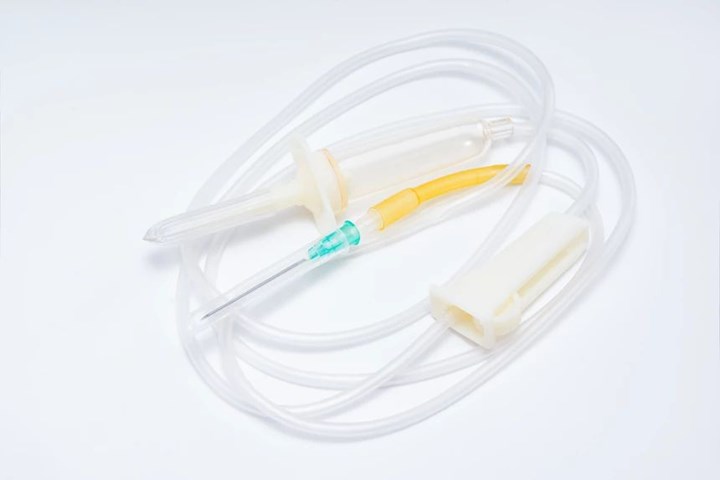Renewable Styrenic Polymers Launched
Ineos Styrolution offers its first specialty thermoplastics based on renewable styrene.
The fist specialty thermoplastics based on renewable styrene monomer from leading global styrenics supplier Ineos Styrolution, Aurora, Ill., are said to offer 74% lower greenhouse gas emissions when compared to styrene made from fossil fuel. Styrolux ECO and Styroflex ECO resins are a range of thermoplastic styrene-butadiene copolymers (SBC), said to offer identical product characteristics as the conventionally produced Styrolux/Styroflex copolymers. Styrolux/ -flex ECO is available in two grades in commercial quantities: Styrolux/-flex ECO B60 in which100% of the fossil-based styrene is replaced by renewable styrene; and, Styrolux/-flex ECO B30 in which 50% of the fossil-based styrene is replaced by renewable styrene.
With these new materials, Ineos Styrolution introduces the concept of “bio-attribution” (also, more commonly referred to as renewable), whereby the materials are obtained from a mix of renewable and fossil feedstock during production. INEOS Styrolution’s renewable feedstock can be sourced from local household kitchen waste or the residue from the Scandinavian pulp industry, which means, the feedstock does not compete with food and land use. Importantly, all renewable feedstock sources are certified by the Roundtable of Sustainable Biomaterials (RSB) 1 and comply with the highest sustainability certification criteria. The new solution is a drop-in solution for manufacturers, with identical high quality and a signification reduction in greenhouse gas emissions.

Styrolux reportedly offers an amazing combination of high transparency, brilliance and impact resistance making it the material of choice for applications such as labelling and twist films, shrink film, food packaging, medical applications (e.g. drip chambers and medical tubes) and various other applications (such as hangers and office equipment).
Styroflex offers the properties of a thermoplastic elastomer (S-TPE), suitable for extrusion and injection molding, and can be used for a broad range of applications such as wrap films, stretch hoods and modifiers for the household industry/
Said Mark Beitz, Ineos Styrolution’s v.p. styrenic specialties EMEA, “Sustainable transparent materials are not common on the market, especially with food contact or healthcare regulatory approvals. Our existing SBC customers like the fact that we offer transparent products with a reduced environmental footprint, yet with no change in physical properties or regulatory status compared to our regular grades.”
Related Content
-
Prices Up for All Volume Resins
First quarter was ending up with upward pricing, primarily due to higher feedstock costs and not supply/demand fundamentals.
-
Prices Up for PE, ABS, PC, Nylons 6 and 66; Down for PP, PET and Flat for PS and PVC
Second quarter started with price hikes in PE and the four volume engineering resins, but relatively stable pricing was largely expected by the quarter’s end.
-
Prices for PE, PS, PVC, PET Trending Flat; PP to Drop
Despite price increase nominations going into second quarter, it appeared there was potential for generally flat pricing with the exception of a major downward correction for PP.




